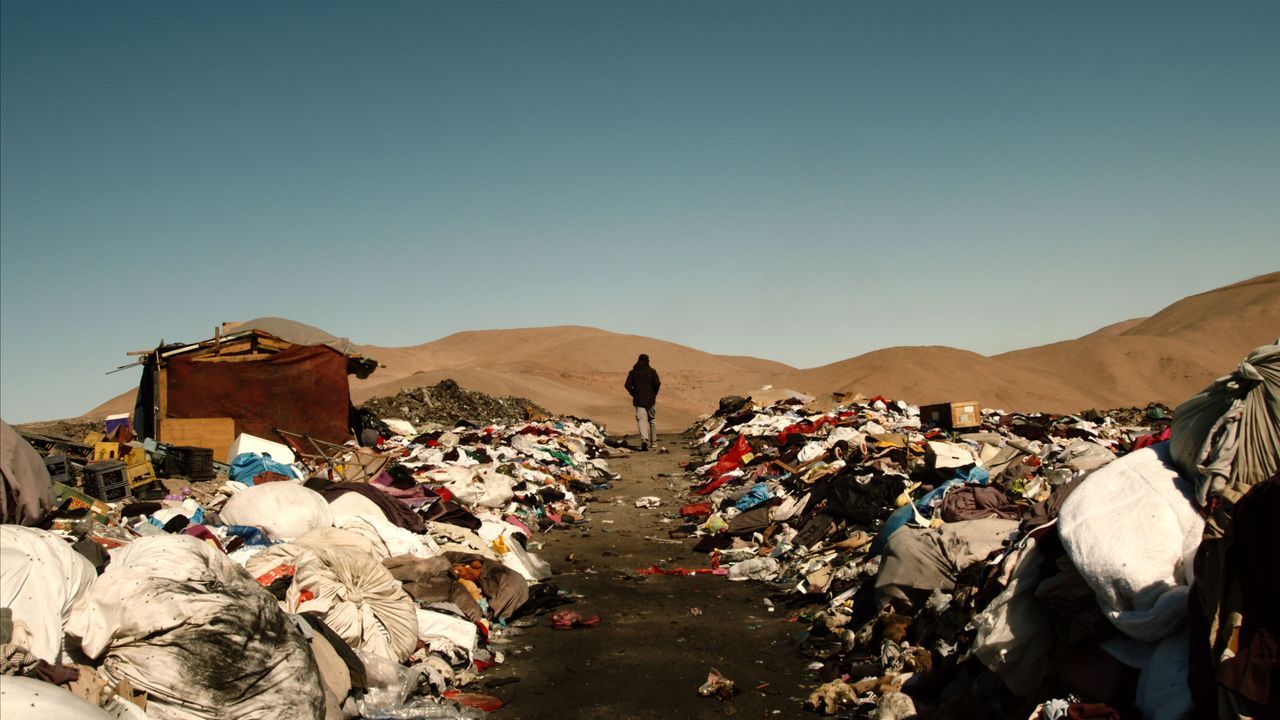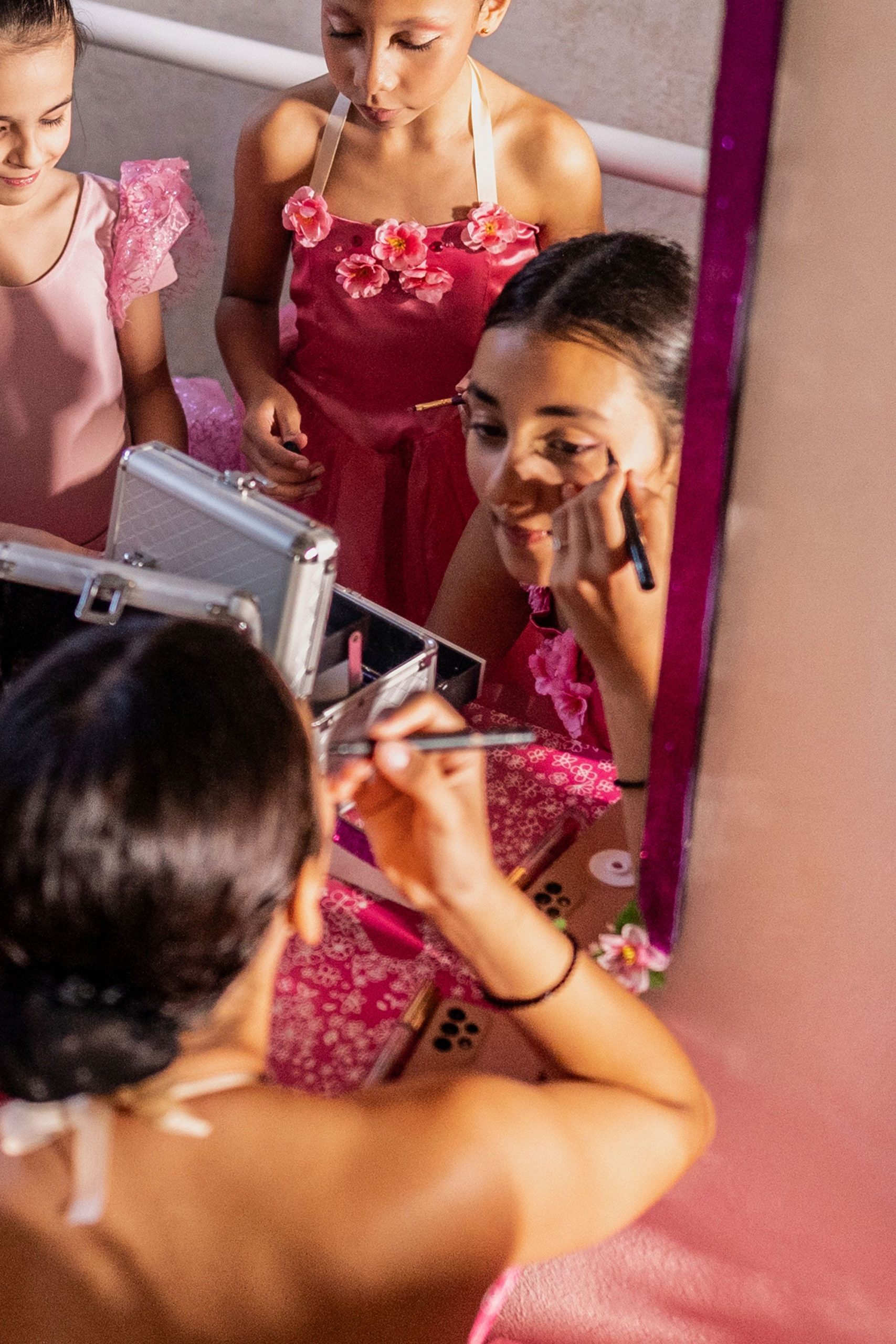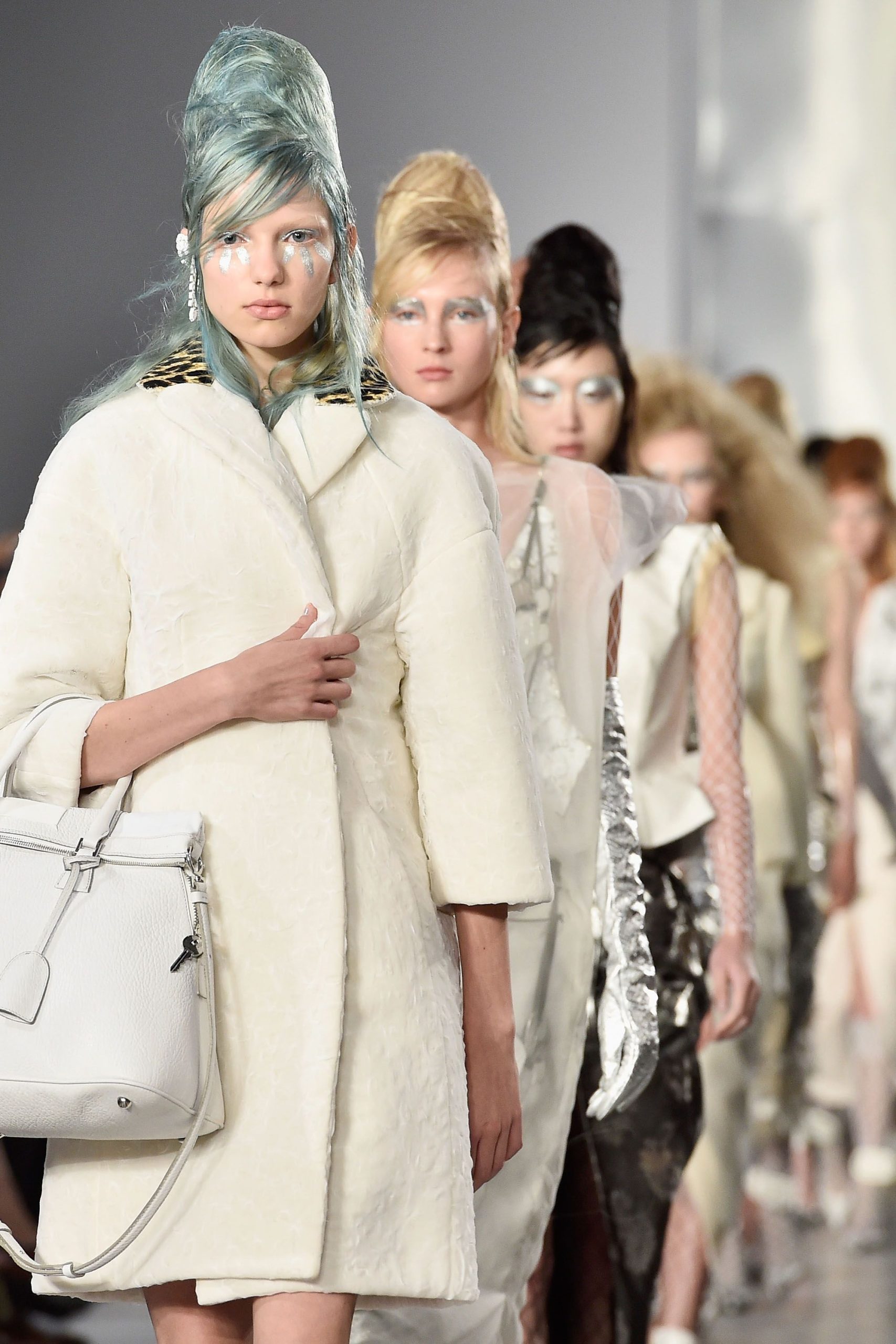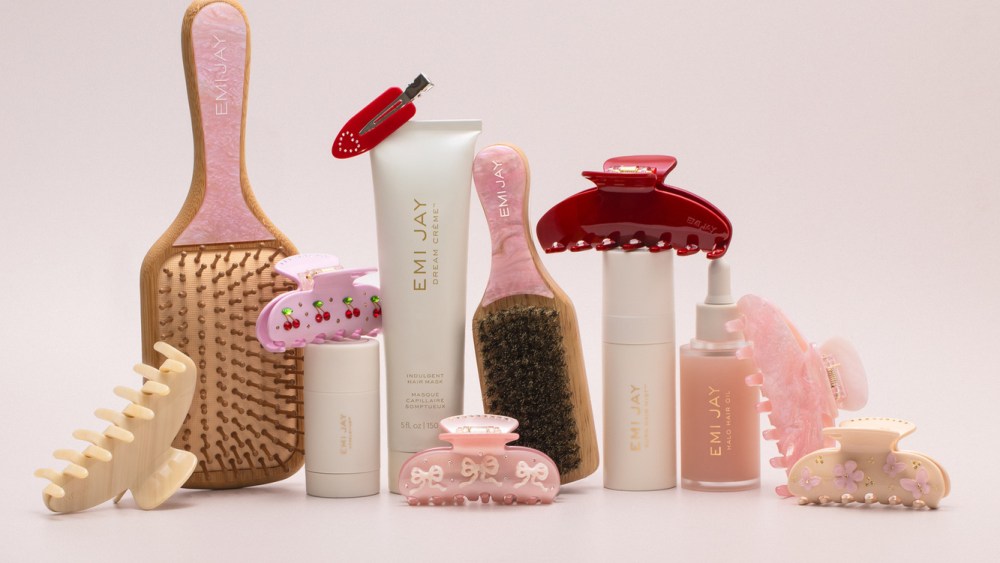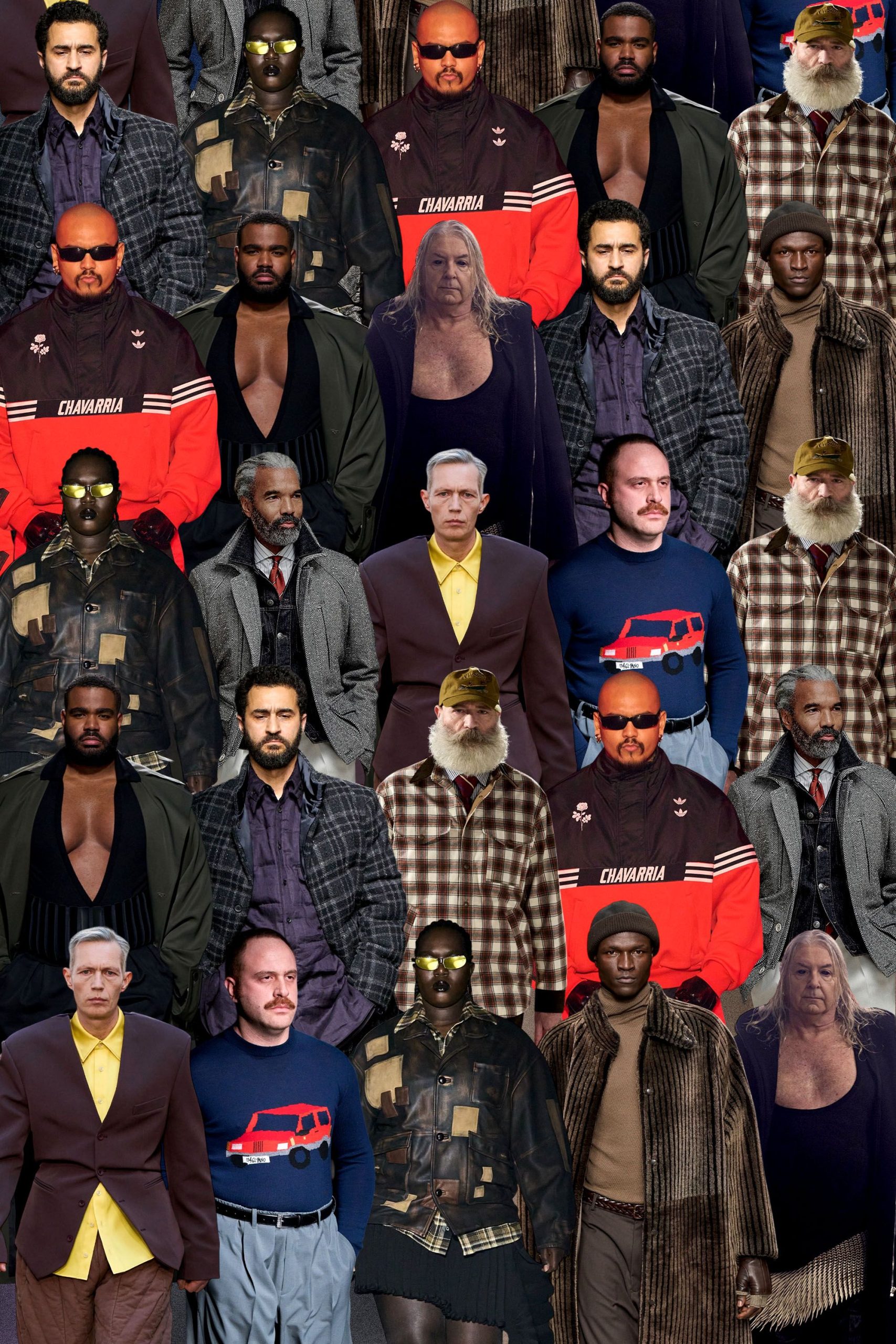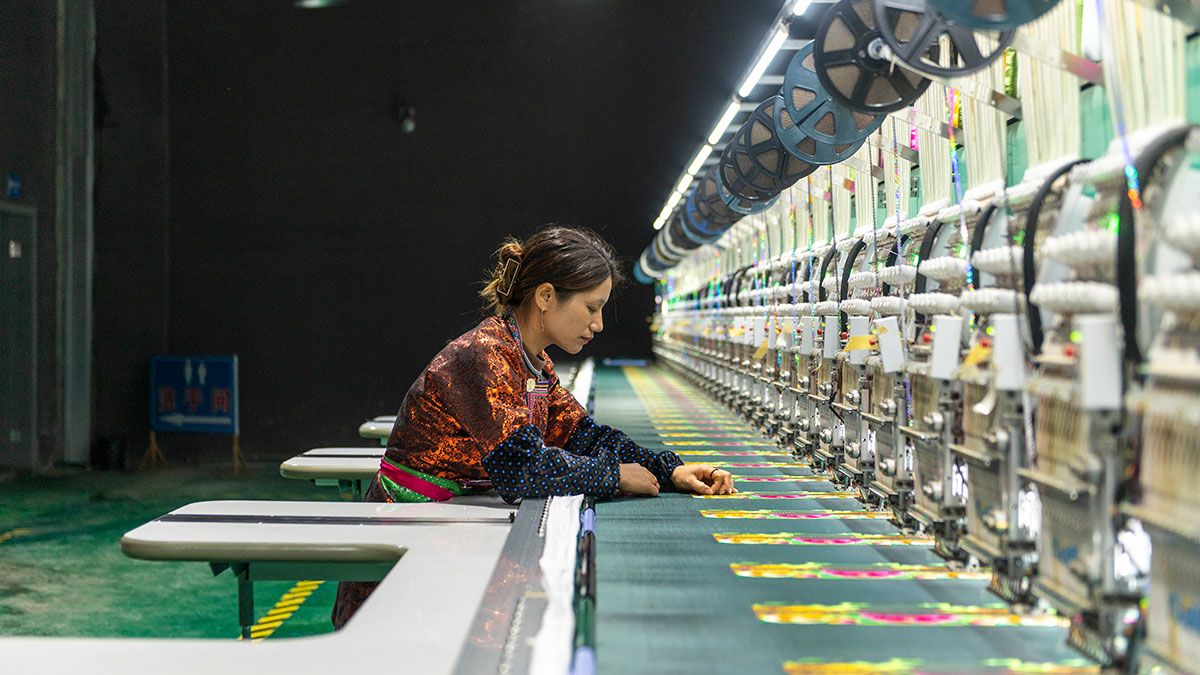
Suppliers are too often excluded from fashion’s collective sustainability initiatives, according to a new report from denim sustainability non-profit Transformers Foundation — and it’s hurting progress.
The report found that suppliers face resource constraints that hinder their participation in collective activities. In comparison, the report argues, brands and retailers often have large teams and dedicated finances to engage and have the upper hand in decision-making processes. For suppliers in the Global South in particular, there are cultural biases and logistical hurdles that inhibit their participation — ranging from inconvenient meeting schedules to racism and a lack of diverse representation. In essence, suppliers feel disconnected and burnt out from what the industry has labelled ‘collective processes’. This means they also feel absent from how strategic solutions are developed, which is limiting the entire sector’s sustainability agenda.
In putting the report together, Transformers Foundation focused on voluntary multi-stakeholder initiatives (MSIs), which are central to fashion’s sustainability progress and are usually created to solve complex global challenges, ideally by fostering collaboration. But by sidelining suppliers, change only serves brands and retailers. The authors argue for a fairer process than what the industry has relied on, and outline what that could look like.
The report, titled ‘Collective Action Reimagined: A Call for Fair Process and Supplier Inclusion in Fashion’s Multi-Stakeholder Initiatives’, claims that MSIs reinforce the constraints suppliers typically face, “fuelling a cycle of supplier distrust and disengagement that undermines agency and ownership in the solutions put forward by these groups”.
The report looks at the four most prominent MSIs — Cascale (formerly Sustainable Apparel Coalition/SAC), Textile Exchange, the Social and Labor Convergence Program (SLCP), and Zero Discharge of Hazardous Chemicals (ZDHC) — to examine whether their processes include suppliers, and if so, how.
All four MSIs contributed to the report in some capacity (giving interviews, providing responses for printing in the report, and/or reviewing it ahead of publication). They acknowledged the importance of including insights from suppliers in their initiatives, and underlined their commitments to progress. Cascale said the “insights are invaluable as we navigate complex issues together”. SLCP, meanwhile, added “that structural inequity and [brand] bias limits supplier engagement, which is a barrier to achieving our mission”.
Transformers Foundation says the implications of the report extend beyond these four MSIs and are relevant to any entity “setting de facto sustainability standards”, as many suppliers noted that all sustainability standards, certifications and frameworks heavily shape their day-to-day activities.
